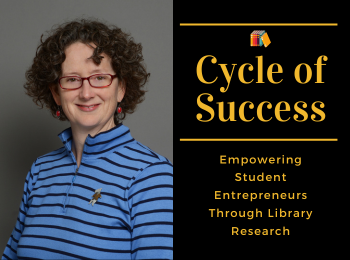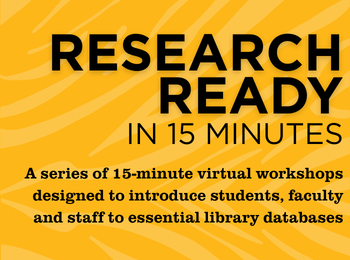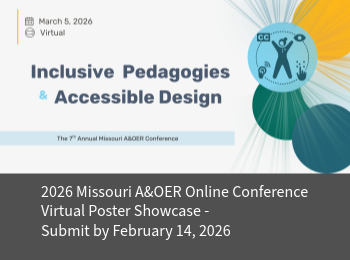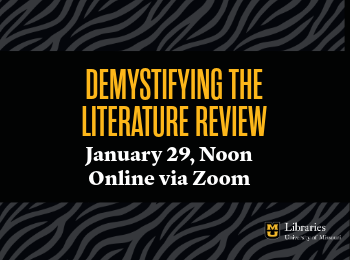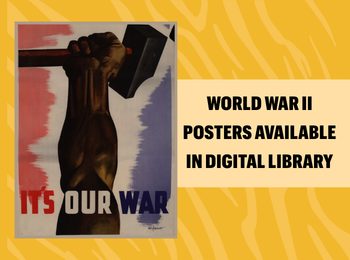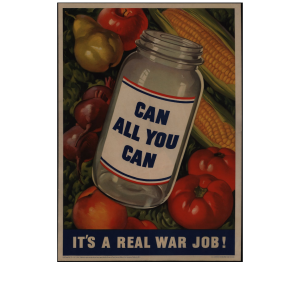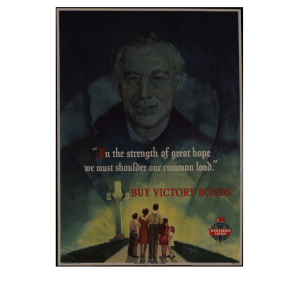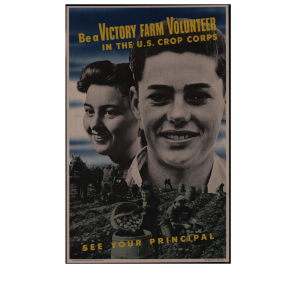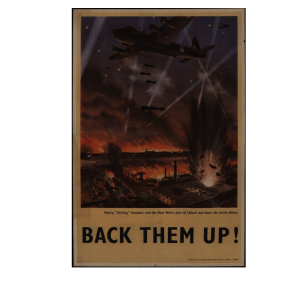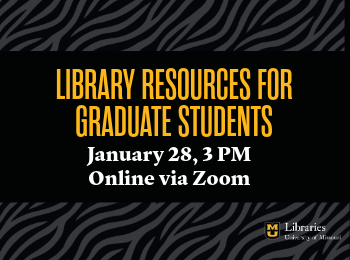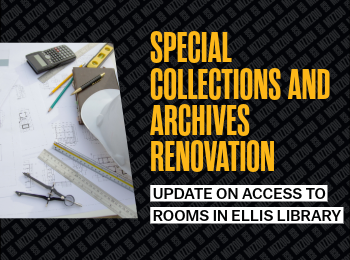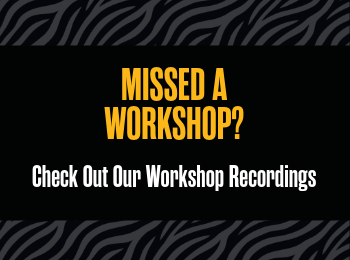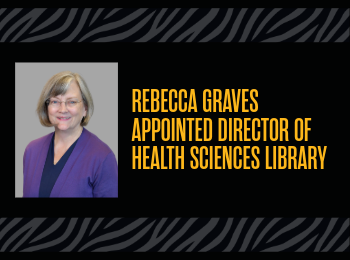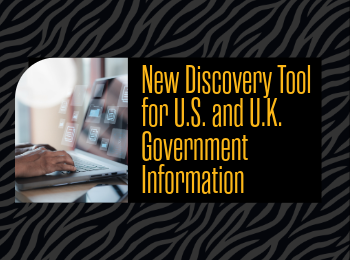When students enroll in MANGMT 4700: Principles of Entrepreneurship, they expect to learn how to build a business. What many don’t expect is the role the library plays in helping them evaluate ideas, analyze markets, and build evidence based business plans.
Each semester, Business Librarian Gwen Gray, visits Stacie Kane’s entrepreneurship course to introduce students to the powerful research tools available through Mizzou Libraries. Kane, an entrepreneur herself, encourages her students to ground their business ideas in solid data, and Gwen’s workshop helps them do just that.
Turning Ideas Into Feasible Ventures
Students typically explore business concepts like salons, gyms, coffee shops or landscaping services. Gwen demonstrates how tools such as SimplyAnalytics, IBISWorld, Mintel, and Reference Solutions (available through Daniel Boone Regional Library), can help them move from concept to research supported feasibility.
For many students, this is their first exposure to the breadth of business intelligence available through academic and public libraries.
Student Reactions: “Scary,” “Cool,” and Transformative
The student feedback after receiving library instruction reflects a mix of surprise, excitement and new appreciation for library research:
- Many were amazed by the specificity of demographic data—some calling it “scary” but also “extremely useful” for entrepreneurial decision making.
- Dozens noted that they had no idea the university or public libraries offered so many business focused tools.
- A surprising number concluded the same thing: “I’m getting a library card!”
Students also recognized the long term value of these skills. Several said they plan to use these databases for job interviews, future ventures or even ongoing personal businesses.
Beyond the Assignment: Inspiring Lifelong Library Users
For Gwen, these course visits are more than instructional sessions—they’re opportunities to “evangelize for libraries.” She emphasizes that wherever students go after graduation, their local libraries may offer resources they never knew existed. All they have to do is ask.
The impact is clear: students leave not only better equipped to complete their feasibility analyses, but also more confident in conducting real world business research.
A Cycle of Success in Entrepreneurship Education
Through this collaboration between the Mizzou Libraries and the Trulaske College of Business, students gain essential skills for entrepreneurial thinking. Professor Kane’s dedication, paired with Gwen’s expertise, creates an environment where ideas become informed strategies—and where students discover the powerful role libraries can play in their success.
This ongoing partnership showcases exactly what the Cycle of Success is all about: when faculty, librarians and students work together, everyone benefits.
